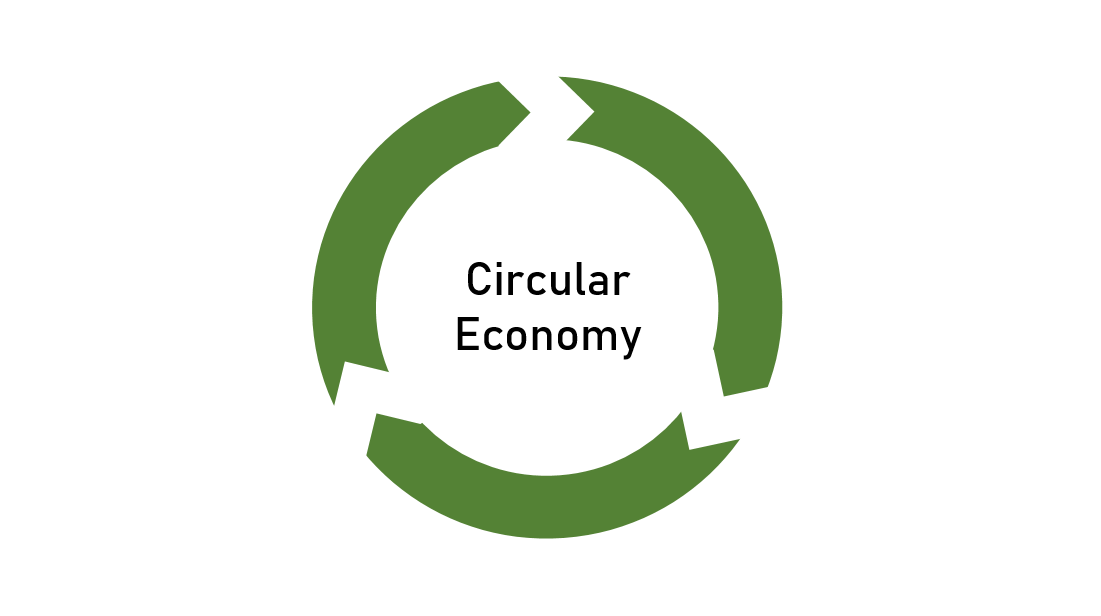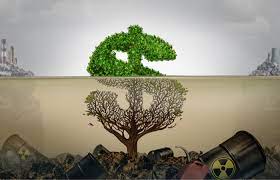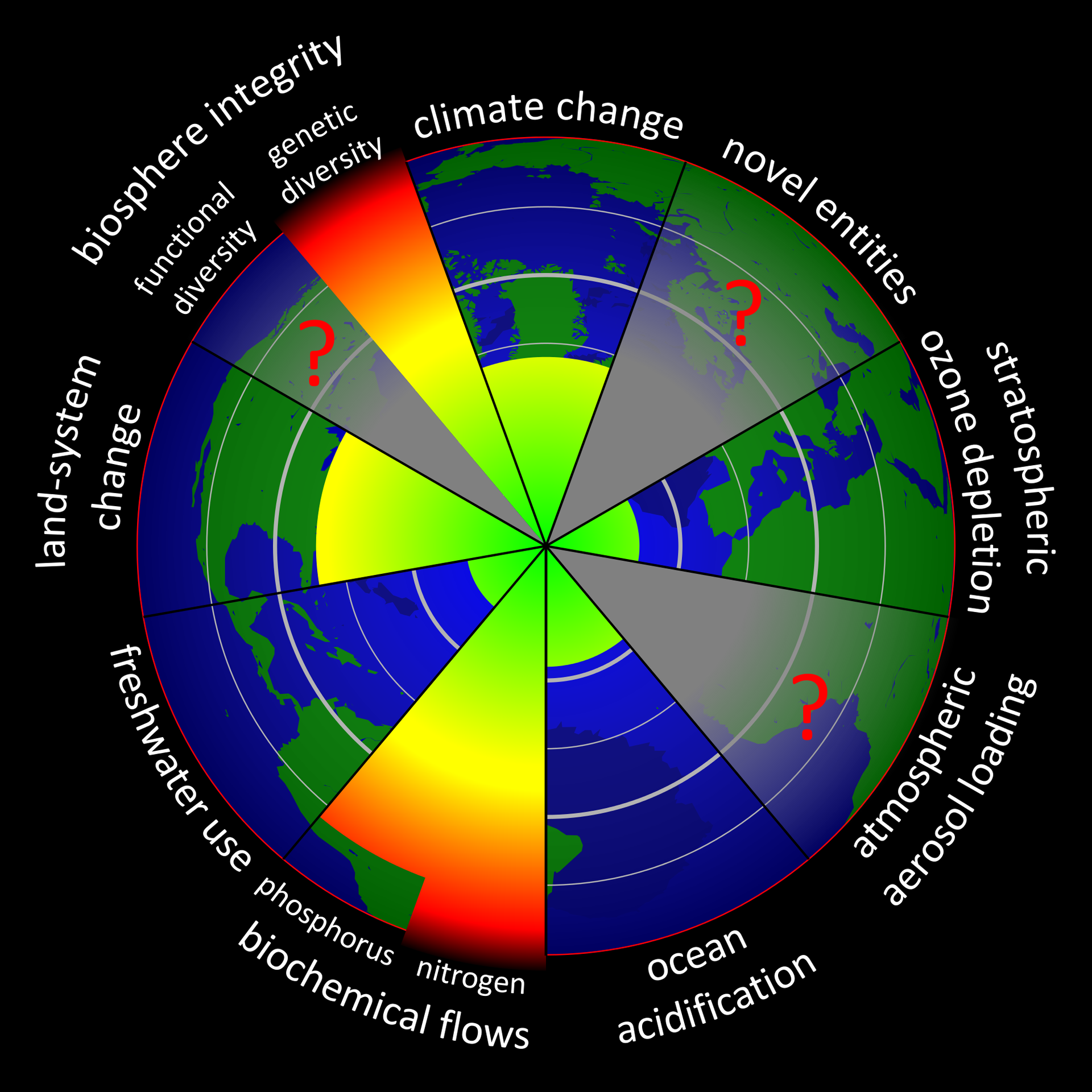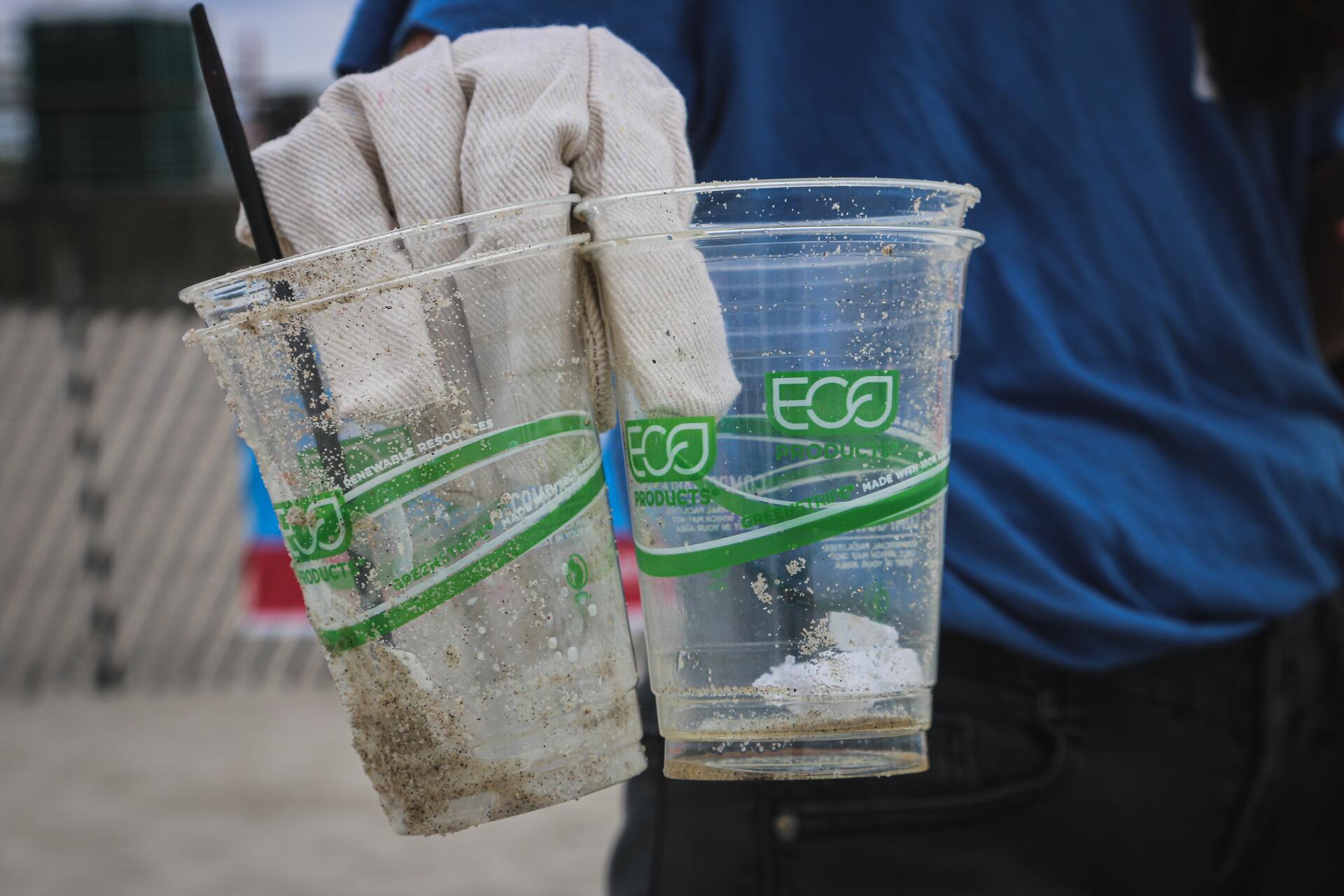Circular Consulting: Who Does it Apply To?
Does Circularity Apply to Service Based Businesses?

Circularity is defined by the EU as a method to increase a product's lifespan, increase value, reduce waste, lower emissions while providing alternative methods of consumption, such a repair and rental. Which does read that it would only apply to businesses that manufacture goods. Except it doesn’t. It applies to every person and every business on the planet. (https://www.europarl.europa.eu/topics/en/article/20151201STO05603/circular-economy-definition-importance-and-benefits).
And the reason that is does is because we are first and foremost consumers of things. We as individuals and businesses consume goods, energy, technology, food, water and human resources. So it applies to all of us.
Hilariously, if you put into Google “what do service based businesses need the most to operate” or “what resources do service based businesses need”, you will confronted with a range of other services you need, such as legal and IT! But if we were to really think about what a service business needs the most to operate; it would be energy. It would be very hard to operate as a service business just within walking distance of your home while only using a pen and paper (which also consumes energy). So circularity starts with looking at what we use every day, and working out how to make it last longer. Think out with Apple iPhones and in with SmartMan (an easy to repair phone manufacturer). And that is your low hanging fruit to engage with circularity. And it’ll save you money long term. Win win.
For service based businesses travel makes up a much larger part of the carbon footprint than manufacturers of goods. PwC’s travel makes up 53% of their carbon footprint. And they only report on their Scope 1 and 2 travel, not their Scope 3 which is how their consultants get to the office they’re based out of when they aren’t traveling to clients. To try and reduce their footprint in this area PwC have implemented a virtual first strategy, which not only applies to client meetings but also their training strategies. Moving 5000 people over to virtual training instead of in person. Less travel not only means reduced emissions, but also reduced business spend.
But that is not all. If you compared a $1,000 spend at each of the big consulting firms; BCG, Deloitte, Bain, Accenture and McKinsey you will be able to see how much carbon is created for that spend. Deloitte comes out with 13.72 kg CO2e while McKinsey comes out highest at 21.00 kg CO2e (numbers provided by https://bend.green/). And its these sort of numbers that will start becoming more important to clients as they aim to reduce their Scope 3 emissions in line with the EU’s Corporate Sustainability Reporting Directive as well as several US state legislations. Reporting measures which will only come thicker and faster as we get closer to 2050.










